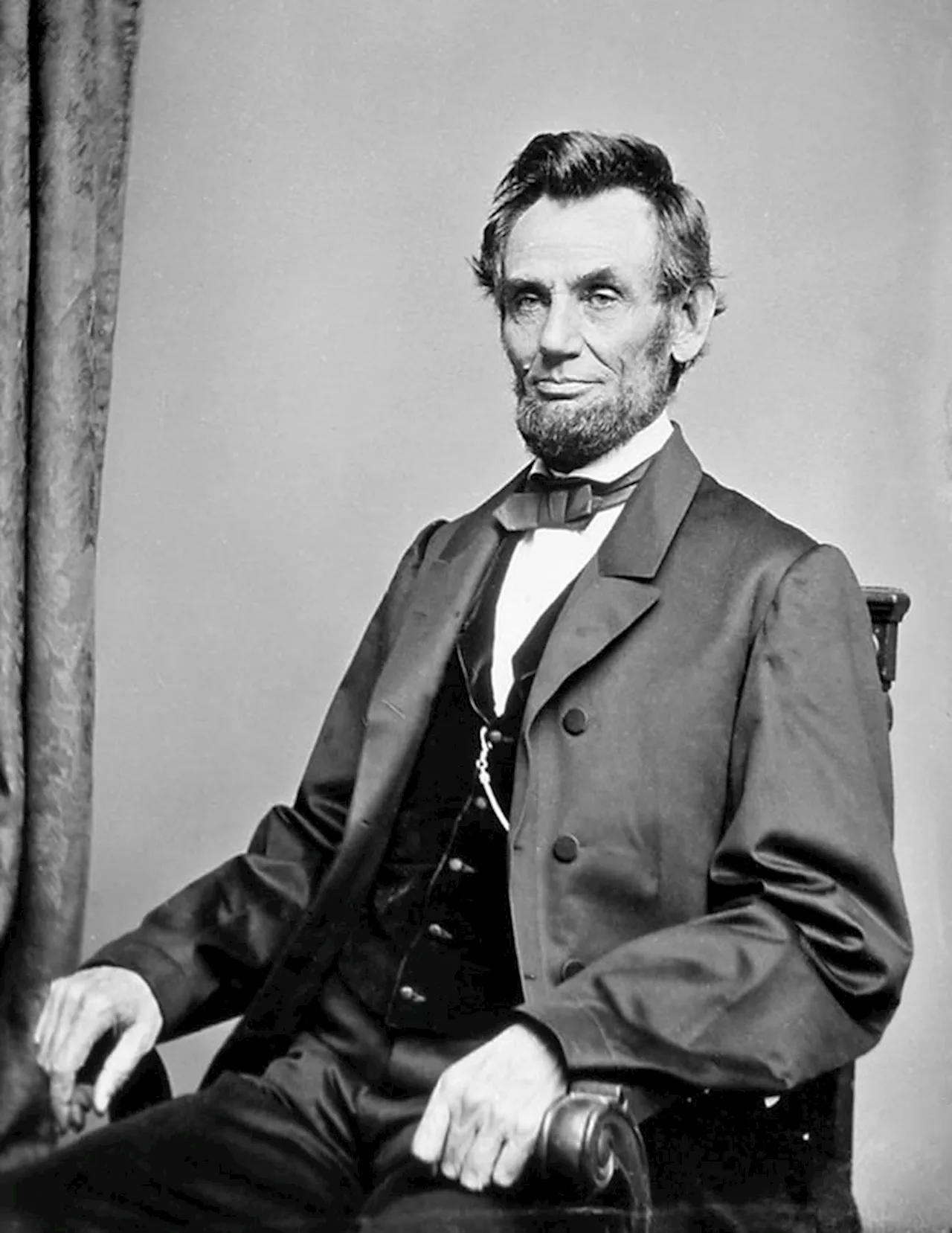The Gettysburg Address, delivered by President Abraham Lincoln on November 19, 1863, remains one of the most significant speeches in American history. Its impact is deeply rooted in the tumultuous context of the American Civil War and the dedication of the Soldiers’ National Cemetery at Gettysburg, Pennsylvania, where over 3,500 Union soldiers lost their lives. This speech not only commemorated the sacrifices made during the battle but also articulated the profound ideals of equality and liberty that underpin the nation.
Historical Context and Significance
The backdrop of the Gettysburg Address is critical to understanding its power. The Battle of Gettysburg, fought from July 1 to July 3, 1863, was a turning point in the Civil War. Union forces successfully repelled the Confederate Army, marking a pivotal moment in the struggle for the nation’s future. Lincoln’s speech, delivered in less than three minutes, was part of a larger ceremony to honor the fallen soldiers and solidify the principles for which they fought.
Lincoln began his address with a reference to the nation’s founding, declaring, “Four score and seven years ago our fathers brought forth on this continent, a new nation, conceived in Liberty, and dedicated to the proposition that all men are created equal.” This opening line connects the sacrifices at Gettysburg to the ideals laid out in the Declaration of Independence, reinforcing the notion that the war was not only a fight for territory but for the very soul of the nation.
In his poignant remarks, Lincoln emphasized the futility of dedicating the battlefield, stating that it had already been consecrated by the blood of those who fought there. He said, “The brave men, living and dead, who struggled here have consecrated it, far above our poor power to add or detract.” This assertion highlights the enormity of their sacrifice and the responsibility of the living to ensure that their efforts were not in vain.
Enduring Legacy and Reflection
The power of the Gettysburg Address lies not only in its historical context but also in its lasting legacy. Lincoln’s closing lines, “that government of the people, by the people, for the people, shall not perish from the earth,” resonate as a clarion call for democracy and civic responsibility. These words continue to inspire generations, reminding us of the ongoing struggle to uphold the principles of freedom and equality.
Despite its brevity, the address comprises just 271 words, each carefully chosen to evoke emotion and provoke thought. Lincoln’s ability to convey such profound ideals in a succinct manner has contributed to the speech’s status as one of the most quoted and revered in American history.
As President Ronald Reagan noted in his Farewell Address, the preservation of historical memory is essential to understanding national identity. “If we forget what we did, we won’t know who we are,” he warned. This sentiment underscores the importance of remembering Lincoln’s words and the context in which they were delivered. Recognizing the historical significance of the Gettysburg Address is vital to appreciating its continued relevance in contemporary discussions about equality and democracy.
In summary, the Gettysburg Address transcends its immediate historical moment, inviting reflection on the principles that continue to define the United States. As we commemorate this pivotal speech, it serves as a reminder of the sacrifices made in pursuit of a more perfect union and the ongoing dedication required to uphold those ideals.
